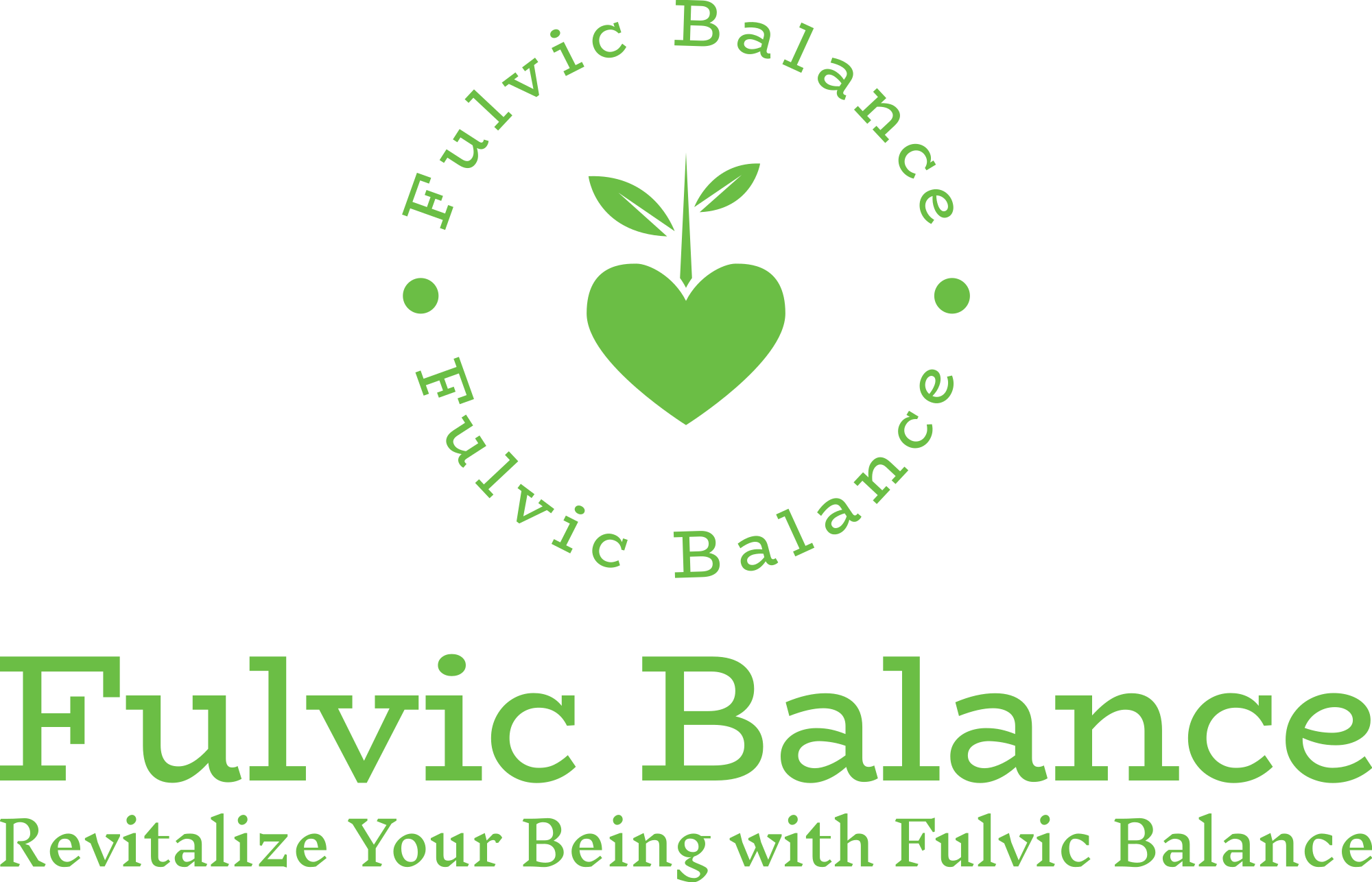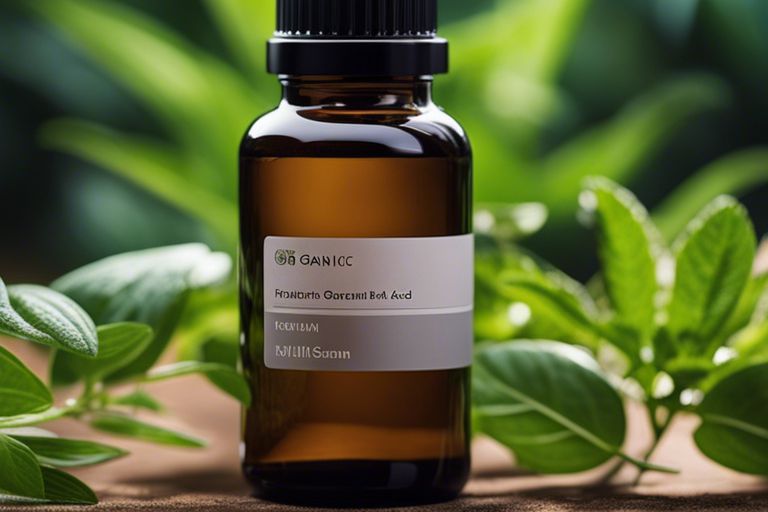Apocryphally, fulvic acid has been hailed as a miracle substance with a wide range of health benefits. Extracted from humus, fulvic acid is said to possess numerous properties that can positively impact the human body. However, despite the many claims, the question remains: does fulvic acid really work? Scientific research and clinical trials have provided some insights into the potential effectiveness of fulvic acid, shedding light on both its positive benefits and possible dangers.
Key Takeaways:
- Fulvic acid has potential health benefits: Research suggests that fulvic acid may support digestion, nutrient absorption, and immune function.
- Effectiveness varies among individuals: While some people may experience benefits from fulvic acid supplements, others may not see significant effects. Individual responses may vary due to factors such as diet, lifestyle, and overall health.
- Quality and source matter: The effectiveness of fulvic acid supplements depends on the quality and source of the product. It’s important to choose a reputable brand and ensure the fulvic acid is derived from a pure, natural source.
Understanding Fulvic Acid
One of the lesser-known components of soil, fulvic acid is a crucial substance that plays a significant role in plant growth. It is a natural compound that is created through the decomposition of organic matter such as plants and animals. Fulvic acid is known for its unique chemical composition and its ability to improve soil health and nutrient absorption.
Chemical Composition and Sources
Acid Fulvic acid is a complex mixture of organic acids and inorganic materials that are formed during the breakdown of organic matter. It is typically found in soil, sediment, and aquatic environments, and is known for its high concentration of minerals and trace elements. Fulvic acid is derived from sources such as ancient plant deposits, peat, and compost, and is a key component of humic substances.
How Fulvic Acid is Produced
Sources Fulvic acid is produced through the action of microorganisms that break down organic matter, such as bacteria, fungi, and algae. These microorganisms convert organic matter into fulvic acid through a process called humification. Understanding the production of fulvic acid is crucial in harnessing its potential benefits for soil and plant health.
Understanding how fulvic acid is produced and its chemical composition is essential in harnessing its potential benefits for soil and plant health. Fulvic acid is a key component of humic substances and is derived from sources such as ancient plant deposits, peat, and compost. Its high concentration of minerals and trace elements makes it a valuable resource for improving soil health and nutrient absorption.
Claims and Benefits
Clearly, there are many claims and benefits associated with fulvic acid. From agricultural use to health and wellness claims, as well as its inclusion in skincare products, the purported advantages of fulvic acid are wide-ranging.
Agricultural Use and Soil Health
On the agricultural front, fulvic acid has been touted as a miracle worker for enriching soil health and promoting plant growth. Proponents claim that it can improve soil structure, enhance nutrient uptake by plants, and even help remediate contaminated soils.
However, studies have shown mixed results on the effectiveness of fulvic acid in agriculture. While some research indicates positive outcomes, other studies have found little to no significant impact on plant growth and soil health.
Health and Wellness Claims
Agricultural claims aside, fulvic acid has also been marketed as a supplement with a myriad of health benefits. Proponents assert that it can boost the immune system, improve gut health, and act as a powerful antioxidant.
With limited scientific evidence to support these claims, it’s crucial for consumers to approach fulvic acid supplements with caution. While there may be potential benefits, more research is needed to establish its efficacy in promoting health and wellness.
Fulvic Acid in Skincare Products
Any quick search on skincare products will likely yield a plethora of items touting the inclusion of fulvic acid. Companies claim that it can improve skin texture, reduce inflammation, and even combat signs of aging.
It is important to note that the use of fulvic acid in skincare products is not regulated by the FDA. While there may be anecdotal evidence supporting its effectiveness, consumers should exercise caution and consider consulting with a dermatologist before incorporating fulvic acid into their skincare routine.
Scientific Evidence
To determine whether fulvic acid really works, it is important to look at the scientific evidence supporting its effectiveness. Research studies and clinical trials provide valuable insights into the potential benefits of fulvic acid in various applications, including agriculture, health, wellness, and skincare.
Research on Agricultural Benefits
Evidence from research studies suggests that fulvic acid may offer significant benefits in agriculture. Studies have shown that fulvic acid can improve soil health, enhance nutrient uptake by plants, and promote overall plant growth. Additionally, it has been found to have the potential to increase the effectiveness of fertilizers and enhance crop yield. These findings indicate that fulvic acid could be a valuable tool for sustainable and efficient agricultural practices.
Studies on Health and Wellness Effects
Evidence from scientific studies has also indicated potential health and wellness effects of fulvic acid. Research suggests that fulvic acid may have antioxidant, anti-inflammatory, and immune-boosting properties. It has been linked to improved digestion, increased energy levels, and overall well-being. These findings point to the potential of fulvic acid as a natural supplement for promoting health and vitality.
Scientific evidence supports the potential agricultural benefits, health and wellness effects, and skincare claims associated with fulvic acid. Research studies have shown that fulvic acid can improve soil health, enhance plant growth, and increase crop yield. Additionally, it has been linked to antioxidant, anti-inflammatory, and immune-boosting properties, indicating its potential to promote overall well-being.
Analysis of Skincare Claims
One area of interest is the analysis of skincare claims related to fulvic acid. Some studies suggest that fulvic acid may have potential benefits for skincare, including its ability to improve skin texture, reduce inflammation, and protect against environmental damage. While further research is needed to fully understand its skincare effects, the initial findings are promising and warrant continued investigation.
Skincare claims related to fulvic acid are still under investigation, but early research suggests potential benefits for skin texture, inflammation reduction, and protection against environmental damage. While more studies are needed, the initial findings are promising and support the potential of fulvic acid in skincare applications.
Safety and Side Effects
Unlike many supplements on the market, fulvic acid is generally considered safe for consumption. However, it is always important to consider potential side effects and any contraindications before incorporating it into your health regimen.
General Safety Considerations
An important consideration when using fulvic acid is the source and quality of the product. It is crucial to ensure that you are purchasing a high-quality supplement from a reputable source. Additionally, it is recommended to start with a lower dosage and gradually increase to assess tolerance and potential effects on your individual health.
Potential Side Effects and Contraindications
Side effects of fulvic acid are rare, but some individuals may experience minor gastrointestinal discomfort or headaches when first starting to use the supplement. It is important to monitor your body’s reaction and consult with a healthcare professional if any concerning symptoms arise.
Side effects are generally mild and subside as the body becomes accustomed to the supplement. However, individuals with pre-existing medical conditions or those taking medications should consult with a healthcare provider before using fulvic acid to ensure there are no potential contraindications.
Conclusion: Does Fulvic Acid Really Work?
With this in mind, it is important to note that while there is some evidence to suggest that fulvic acid may offer certain health benefits, more research is needed to fully understand its potential effects on the body. As with any supplement, it is essential to consult with a healthcare professional before incorporating fulvic acid into your wellness routine, especially if you have underlying health conditions or are taking other medications. For more information on the potential benefits and side effects of fulvic acid, you can refer to What Does Fulvic Acid Do for You and Are There Side… article.




